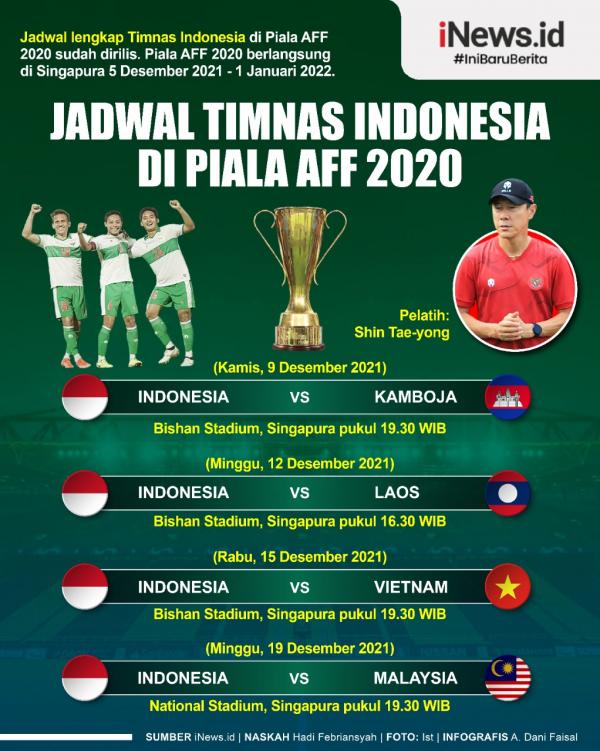
The Indonesian women’s national football team, nicknamed "Garuda Pertiwi", has faced significant challenges throughout its history, including persistent issues with salary disparities and inadequate funding. Despite the team’s remarkable achievements on the pitch, the lowest salary paid to its players remains a glaring concern that undermines their efforts and perpetuates gender inequality in sports.
According to the Indonesian Football Association (PSSI), the highest-paid male footballers in the country can earn up to $100,000 per year, while the highest-paid female footballers earn a mere $10,000 – a staggering 10-fold difference. This disparity not only devalues the contributions of female athletes but also discourages promising young players from pursuing football as a viable career option.
The lowest salary paid to Indonesian women’s footballers stands at a meager $2,000 per year, a paltry sum that barely covers basic living expenses. This financial insecurity forces many players to juggle multiple jobs or rely on family support to make ends meet, severely impacting their training and performance. In contrast, their male counterparts enjoy comfortable salaries and often have access to top-notch facilities and training programs.
The salary gap in women’s football is a reflection of the systemic gender discrimination and lack of investment in women’s sports. It perpetuates the notion that women’s football is less valuable and deserving of support than men’s football. This inequity not only affects the players’ financial well-being but also reinforces harmful stereotypes and limits the growth and development of women’s football in Indonesia.
Addressing the salary disparity in Indonesian women’s football requires a multifaceted approach. The PSSI and other governing bodies must prioritize gender equality and commit to allocating equitable resources to both men’s and women’s football programs. Corporate sponsors and private investors should also recognize the value of investing in women’s sports and support initiatives that aim to bridge the salary gap.
Furthermore, it is crucial to raise public awareness about this issue and challenge the prevailing biases that undervalue women’s football. By highlighting the achievements and contributions of Indonesian women’s footballers, we can foster a more inclusive and supportive environment where they are recognized and compensated fairly for their hard work and dedication.